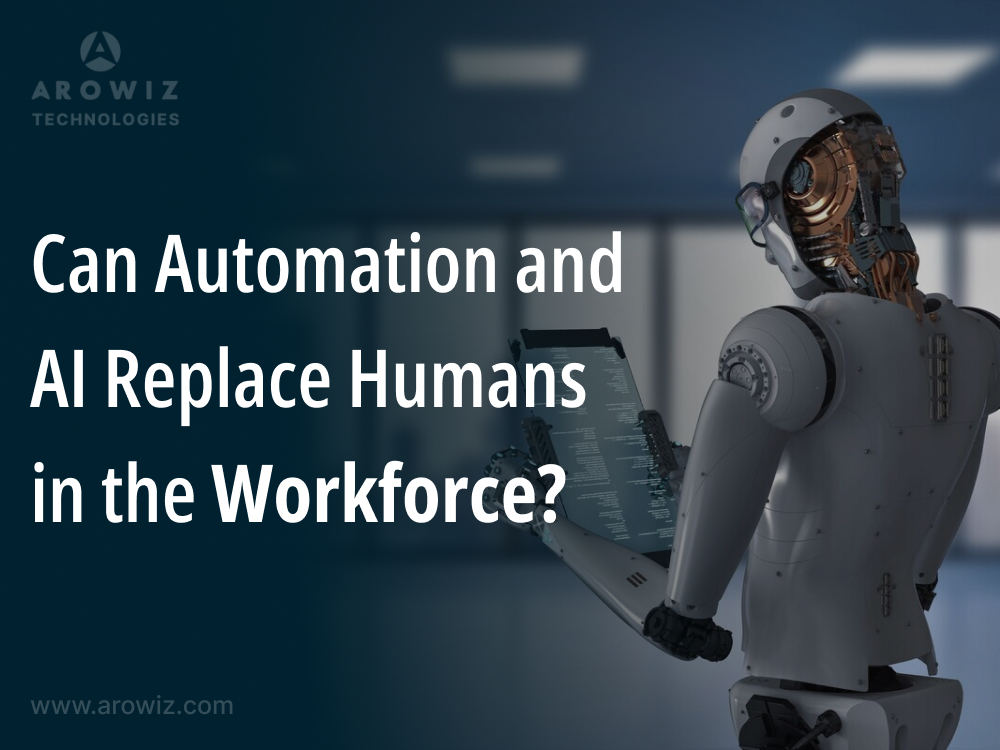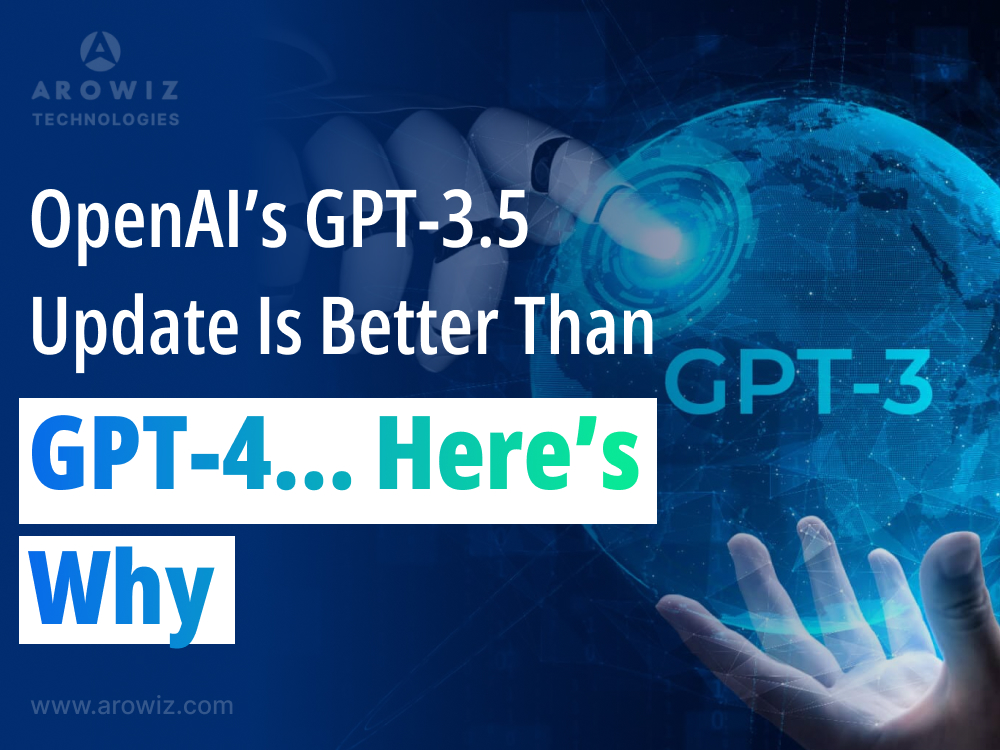Are People Worried About AI? Let’s Look Closer. Before we discuss how AI might take over jobs, let’s review its…
Are People Worried About AI? Let’s Look Closer.
Before we discuss how AI might take over jobs, let’s review its journey in recent years and what to expect in the next decade.
In the past two years, AI has been rapidly changing every industry. We’ve taken a closer look and boosted our productivity using powerful tools like
1. ChatGPT-4
2. Google Bard/Gemini
3. Microsoft Copoilet
These AI tools have been real game-changers, Saving us a huge 1000 hours.
AI is getting better, stronger, and faster with its AI Multi-modal technologies for better complex interactions and performance, ready to take over every industry in the next decade.
Some Game-changing multi-modal —
- Sharper Decision-Making (holistic data analysis)
- Enhanced User Interaction (voice, text, and visual inputs)
- Versatile Input Integration (text, images, video, and audio)
The growing power of automation, robotics, and artificial intelligence is fundamentally reshaping jobs and employment worldwide.
Humans are worried about job loss as machines handle more complex and routine tasks, making mass unemployment a big concern. But the truth is, the effects on jobs are more complicated.
As per a 2021 World Economic Forum report, By 2025, AI automation may replace around 80 million jobs, but there’s a potential for 95 million new roles linked to machines and algorithms to surface.
It’s about job shifts, not long-term unemployment. New roles focus on handling tech complexity, social interactions, and creative problem-solving skills .
Workers at risk of losing jobs often have low-skilled or routine-intensive roles, such as — factory workers, food servers, clerks, and drivers.
AI may replace some jobs in the coming years —
- Repetitive and rule-based tasks: like data entry, bookkeeping, and assembly line work, are ideal for automation.
- Customer service: chat-bots and AI virtual assistants handling basic inquiries and getting smarter over time.
- Manufacturing and transportation: Robots are becoming key players in these sectors, and self-driving vehicles could greatly impact transportation jobs.
- Telemarketing and sales:
AI automates lead generation, possibly replacing some telemarketing and sales roles.
Ups-killing for AI is vital. Governments, educators, and employers must collaborate to promote retraining and incentives for future jobs.
Help young people transition careers, invest in STEM, and back apprenticeships for smoother shifts to technical roles.
Growing jobs require advanced digital skills, such as –
- Software Developers
- Data analysts, and AI specialists
- Robotics Engineers
- AI Engineer
- Machine Learning Engineer
- Data Scientist
- NLP & Computer Vision Engineer
- AI Research Scientist
- AI Consultant
Conclusion —
Automation and AI are powerful but won’t completely replace humans in the workforce. Jobs will change, some automated, some new. Adapting, ups-killing, and creating inclusive workplaces are crucial.
The future of work depends on thoughtful consideration and proactive measures.
Join our free newsletter for more insights — click the link below
Subscribe to our Newsletter: https://lnkd.in/dYmBdX3c
Visit our solution : https://arowiz.com/solution/
Follow us on LinkedIn: https://lnkd.in/d4KZJakS.
Download Ebook: https://arowiz.com/book-download/










